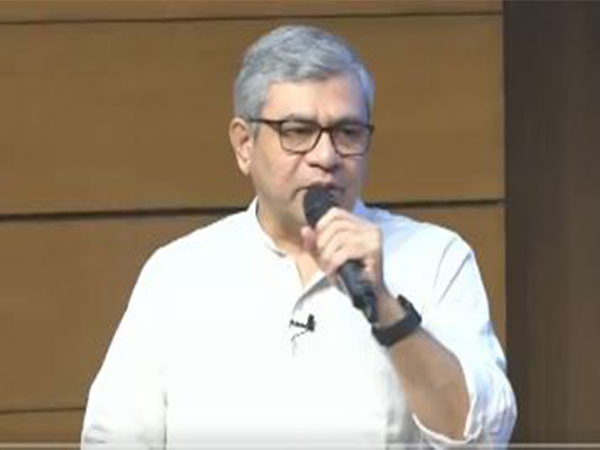Union Cabinet Extends PM-AASHA Schemes to Stabilize Crop Prices, Boost Farmer Incomes
The Union Cabinet, led by PM Narendra Modi, has approved the continuation of PM-AASHA schemes to offer fair prices to farmers and stabilize essential commodity prices. The initiative, converging multiple schemes, involves a significant financial commitment and aims to enhance procurement and price stability until 2025-26.

- Country:
- India
The Union Cabinet, chaired by Prime Minister Narendra Modi, has greenlit the continuation of the Pradhan Mantri Annadata Aay SanraksHan Abhiyan (PM-AASHA) schemes. The schemes are designed to ensure farmers receive fair prices and to stabilize the prices of essential commodities for consumers. According to an official release, the financial commitment for these initiatives will total Rs 35,000 crore during the 15th Finance Commission cycle, extending up to 2025-26.
The government has merged the Price Support Scheme (PSS) and Price Stabilization Fund (PSF) within PM-AASHA to improve efficiency for both farmers and consumers. This unified approach will help provide remunerative prices to farmers while controlling price volatility of essential commodities, ensuring they remain affordable. PM-AASHA now includes components like the Price Support Scheme (PSS), Price Stabilization Fund (PSF), Price Deficit Payment Scheme (PDPS), and Market Intervention Scheme (MIS).
Starting from the 2024-25 season, the procurement of pulses, oilseeds, and copra at Minimum Support Price (MSP) under the Price Support Scheme will cover up to 25% of national production of these crops. Notably, for the 2024-25 season, a 100% procurement target has been set for Tur, Urad, and Masur. Additionally, the government has increased the existing government guarantee to Rs 45,000 crore for these procurements. This move aims to encourage more cultivation of these crops and reduce reliance on imports.
The extension of the Price Stabilization Fund (PSF) will help mitigate extreme price volatility in agri-horticultural products by maintaining buffer stocks for strategic release. The fund will also cover procurement at market prices when they exceed MSP, involving platforms like NAFED's eSamridhi and NCCF's eSamyukti portals. Furthermore, the government has enhanced the Price Deficit Payment Scheme (PDPS) for oilseeds, increasing coverage to 40% of state production and extending the implementation period to four months.
The Market Intervention Scheme (MIS) has also been extended with enhanced coverage. For perishable horticulture crops, coverage has increased to 25% of production, including a direct payment option to farmers' accounts. For Tomato, Onion, and Potato (TOP) crops, transportation and storage costs will be borne by the central agencies during peak harvesting times to ensure price stability for both farmers and consumers.
(With inputs from agencies.)










